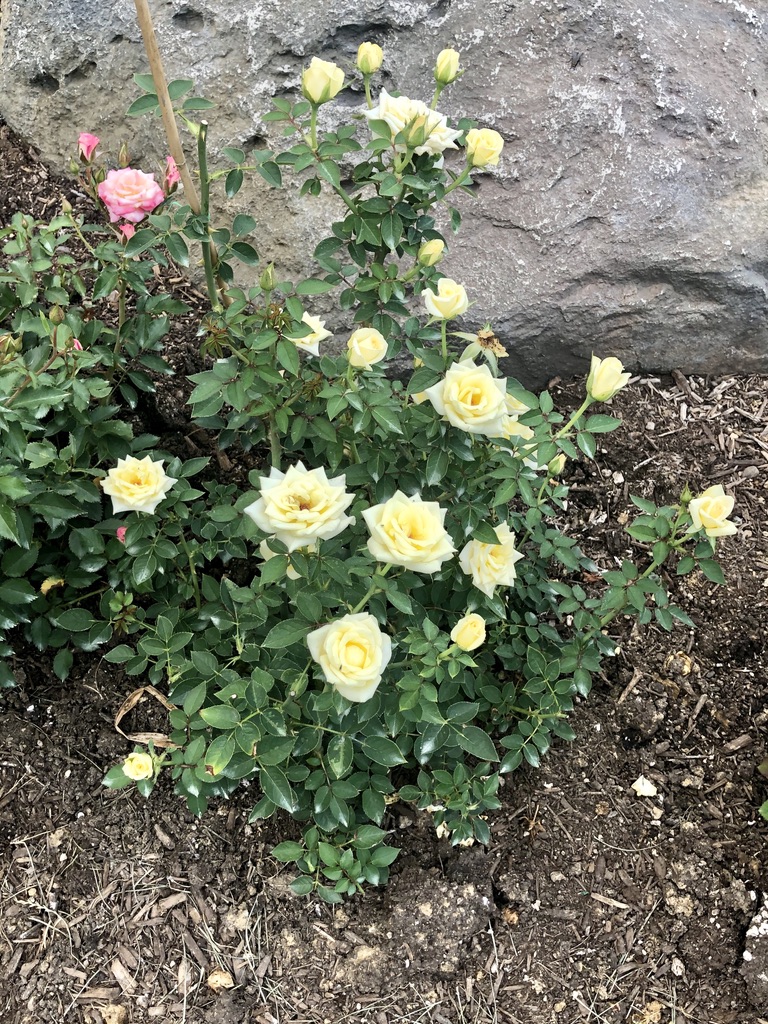by John Hefner, February 2021
Since Ground Hog Day, we have been experiencing a colder than average weather pattern. The cold weather pattern is due to a negative reading of the Arctic Oscillation. When the Arctic Oscillation is positive, the jet stream stays north which keeps the frigid temperatures in Canada. Our recent colder than average temperatures are due to the Arctic Oscillation moving further south. In laymen’s terms, the weather is colder than we like and we would like for our Canadian neighbors to keep the frigid air. Unfortunately, the forecast calls for below average temperatures for the remainder of February plus our first significant snow fall which could bring us up to 10 inches of snow. Remember that January was much warmer than average, so we probably should not complain about a few cold snowy days. I did read that the Midwest spring weather prediction is well above normal. This is a bit of encouraging and good news!

How does all the weather-related information affect our roses? If good cultural practices have been established, a cold weather pattern should not be a real concern. We may need to review some recommended practices that hopefully were put into place last growing season will contribute to good winter survival.
SUGGESTIONS ARE AS FOLLOWS:
1. Healthy plants free of disease will winter well.
2. Established plants have an advantage over newly planted ones due to a more established root system.
3. If winter protection is not used, plan to plant the bud union below ground level, approximately two inches or more.
4. Old Garden and most Shrubs roses generally have more winter hardiness.
5. Most Hybrid Teas need some form of winter protection such as mounding the plant with mulch or leaves.
6. Many Miniatures and Mini Floras are grown on their own roots which provide some additional winter hardiness. More tender varieties need extra protection and maybe a location from prevailing winter winds.
7. Experienced growers and consulting rosarians are always available to assist in varieties recommended for our location.
Even though we may not like snow, it does however provide insulation. If we have significant snow cover and if you so desire, you can shovel snow on your plants to provide additional protection.
So, what are the present concerns and how they relate to our rose plants?
It is more desirable to have consistent low temperatures rather than fluctuating temperatures. Roses will endure a few below zero temperatures, however, my concern would be temperatures that would reach a low of 10 below zero or lower. Many experienced rose growers have stated that more plants are lost in March than January. This is due to changes in temperatures that sometimes signal the plant to start growing and then additional freezing weather arrives.
In closing, we should all be reminded that our beloved rose plants are tough, and they will endure many challenges just as the people who grow them.
Don’t Fear – Spring is Near!




